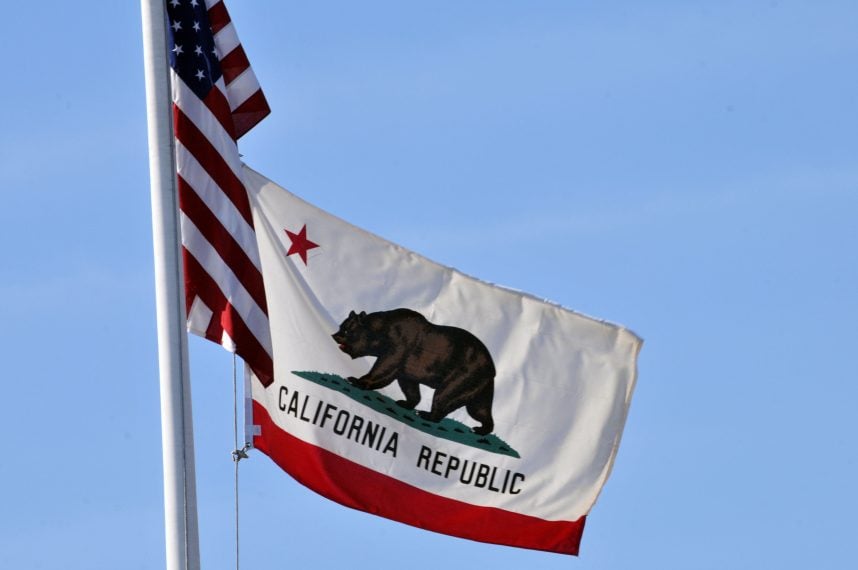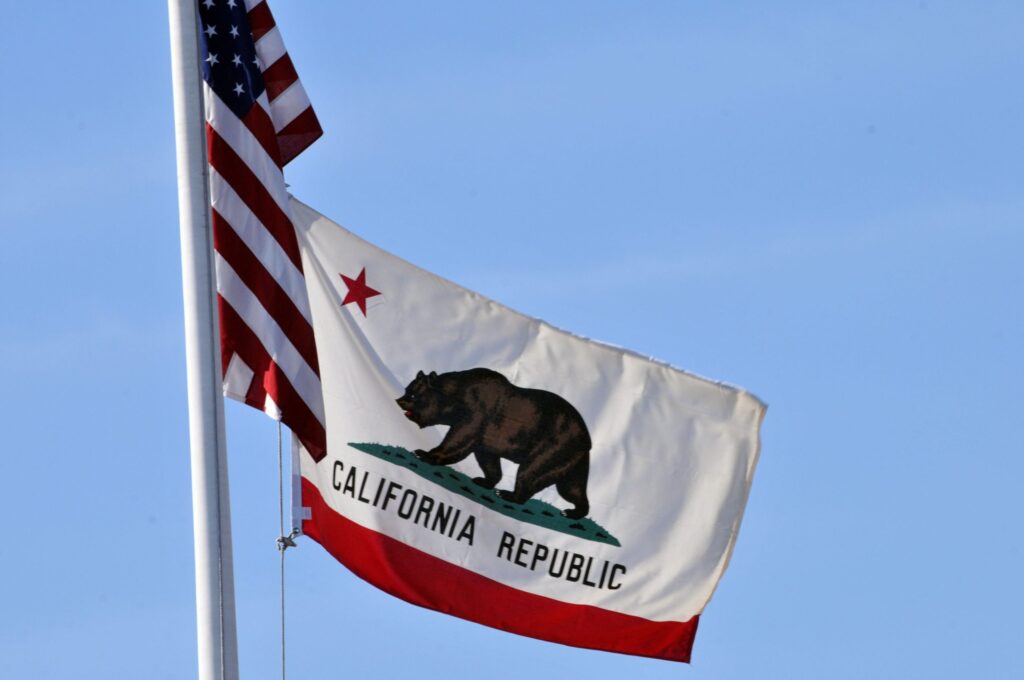Posted on: February 21, 2024, 03:37h.
Last updated on: February 21, 2024, 03:59h.
It’s a lesson smart commercial companies should have learned in 2022: gaming expansion, including sports wagering, in California runs through the states’ Native American tribes.

Assemblyman James Ramos (D-San Bernardino), who’s also a member of the San Manuel Band of Mission Indians, reiterated that view in a recent commentary for Cal Matters. He reminded readers that in 1999, then Gov. Gray Davis (D-CA) and more than 50 of the state’s tribes inked an accord granting tribes exclusivity over casino gaming in California, ensuring that the activity would be confined to reservations. Ramos believes a similar approach must be taken with sports wagering.
Sports betting in California must be approached with the same principles of responsibility, community benefit and respect for the promises made decades ago,” he wrote. It’s not about legalizing sports betting; it’s about ensuring that any expansion of gaming aligns with the values and commitments that have guided tribal gaming since its inception.
San Manuel, the tribe of which Ramos is a member, runs the Yaamava’ Resort & Casino at San Manuel in Highland, Calif., and the Palms Casino Resort in Las Vegas. It’s also one of the most influential tribes in California on the matter of sports betting. In 2022, it teamed with several other well-heeled tribes to defeat a ballot proposition backed by commercial sportsbook operators.
Tribes Call the Shots on California Sports Betting
As was seen in 2022, large tribes, such as Agua Caliente, Barona, Graton Rancheria, Rincon, and San Manuel, can pool their resources to defeat outsiders’ sports-wagering ambitions. That was the case with the commercially supported Proposition 27.
Backers of that proposals essentially positioned themselves as competitors to tribes — a gambit that ultimately proved foolish. Despite the epic failure of Prop 27, last year, another group attempted to get sports wagering on California’s 2024 ballot. While those proposals contained benefits for tribes, the backers didn’t initially reach out to the tribes, drawing their ire in the process.
Those are reminders that while California could eventually have regulated sports wagering, that won’t happen without the consent and leadership of the tribes.
“The tribes have stood firm in their promise to protect gaming and keep the revenues within California,” added Ramos. “As we consider the future of sports betting, let’s not forget the lessons of the past and the importance of upholding the commitments that have made tribal gaming a model of responsible and community-oriented enterprise.”
When California Could Approve Sports Betting
In his piece for Cal Matter, Ramos didn’t indulge predictions as to when the largest state could again consider sports wagering. It’s clear it won’t be on the ballot this year, and that’s probably for the best because polls taken in 2023 showed limited appetite among voters to deal with the issue so soon after the 2022 debacle.
That leaves the 2026 mid-term election as a possibility, but the wild card there could be a gubernatorial election for an open seat that will be cost- and attention-consuming.
California tribal leaders have also cautioned that mobile betting will be approved after, not in conjunction with retail sportsbooks, meaning there will be a period of time when eager California sports bettors will have to drive to tribal casinos, many of which are far from major population centers, to place bets.



